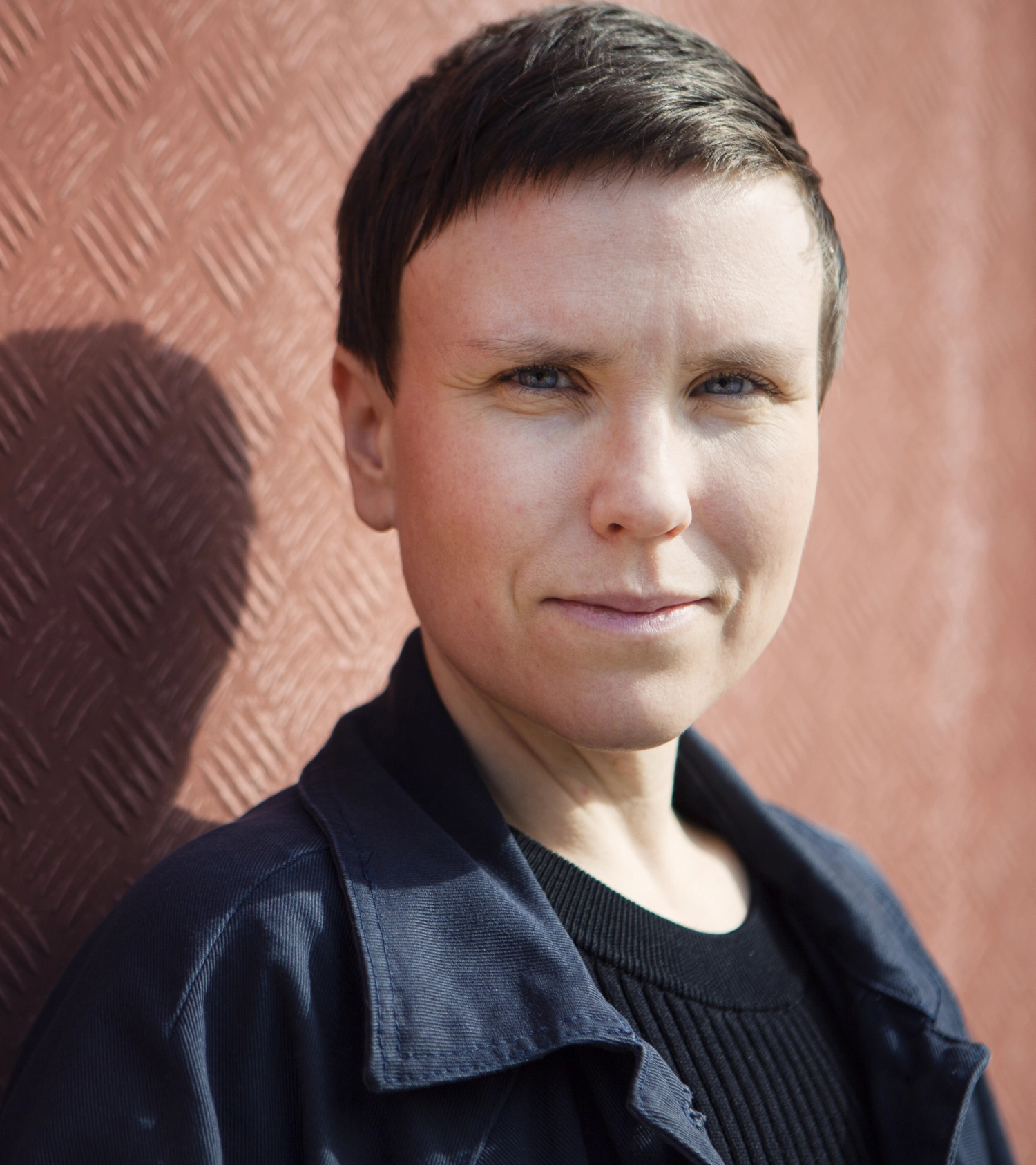“In today’s Annual Wage Review Decision, the Fair Work Commission has accepted the arguments of the Australian Industry Group that a lower minimum wage increase should be awarded this year because of slow economic growth, low inflation and increased tax transfer payments which have provided a benefit to low-paid households. Even though the 3.0% increase is higher than the 2.0% increase that Ai Group proposed, pleasingly the increase has returned to a more moderate level than the 3.3% and 3.5% increases awarded in 2017 and 2018,” Australian Industry Group Chief Executive, Innes Willox, said today.
“The 3.0% increase will result in a $21.60 per week increase to the National Minimum Wage and a $25.10 increase to the base trade rate. The new National Minimum Wage will be $740.80 per week. The increases are operative from 1 July 2019.
“The FWC has decisively rejected the 6% wage increase sought by the ACTU. In its decision, the Commission has commented that the level of increase proposed by the ACTU would ‘run a significant risk of disemployment and of adversely affecting the employment opportunities of low-skilled and young workers’.
“The impact of a 3% wage increase on employers should not be underestimated. The economy has slowed, businesses are struggling to cope with high and rising input costs, especially energy costs. Also, productivity growth is weak. Therefore, it is to be hoped that the Fair Work Commission has struck the right balance.
“Australia’s national minimum wage is the second highest in the world on an hourly basis, behind only Luxembourg and equal to France. It is well above all other comparable countries. Global competitiveness is a key risk for Australian businesses,” Mr Willox said.







